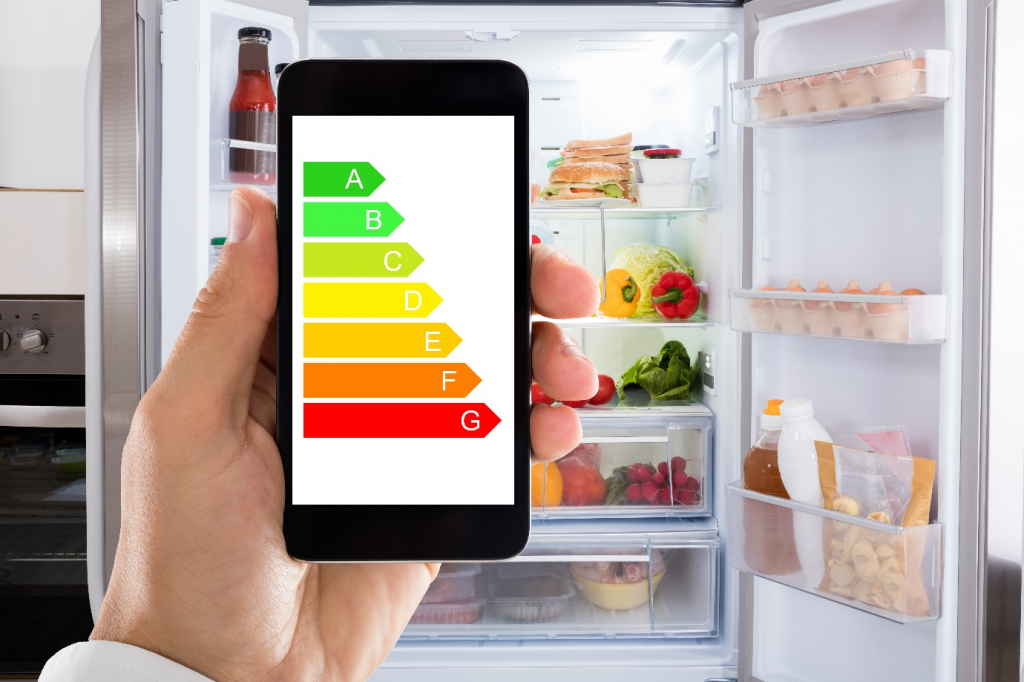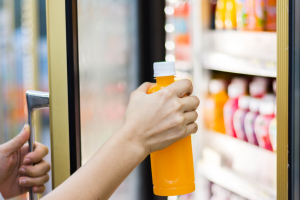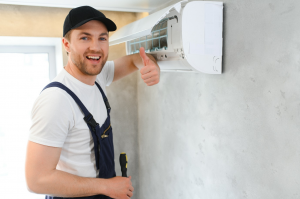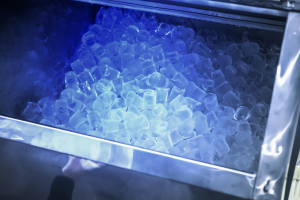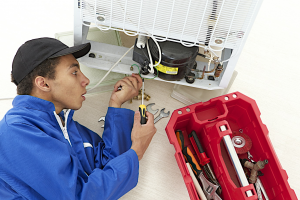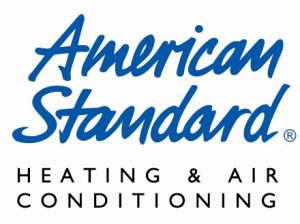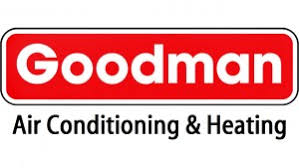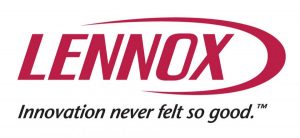In an era where sustainability is a growing concern, businesses are increasingly seeking ways to reduce their environmental impact. Commercial refrigeration, essential for preserving perishables and maintaining the quality of products, can adopt eco-friendly practices to contribute to a greener future.
This blog provides actionable tips for businesses looking to make their commercial refrigeration more sustainable.
Tips to Make Commercial Refrigeration Sustainable
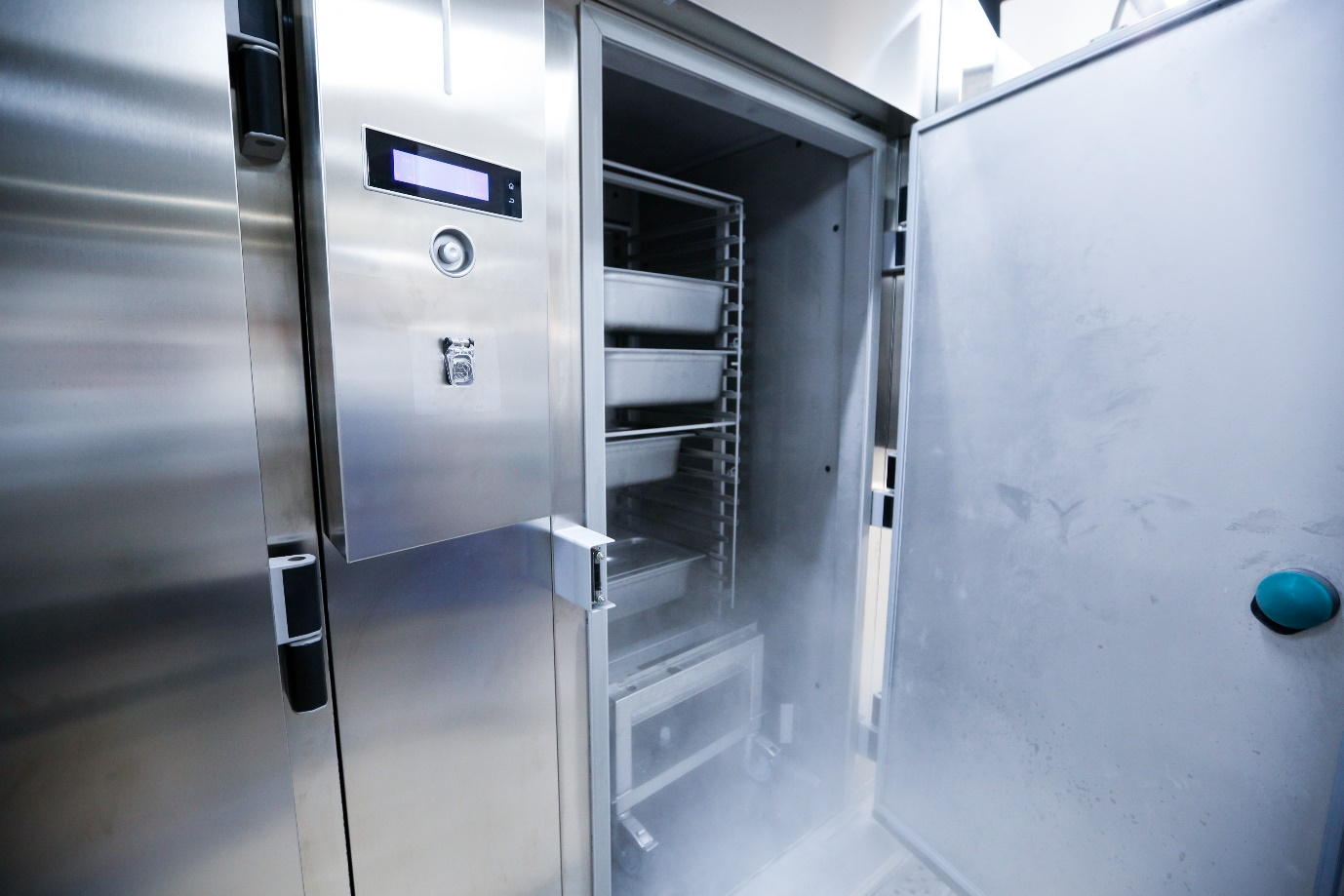
1. Invest in Energy-Efficient Equipment
Upgrading to energy-efficient refrigeration equipment is one of the most impactful steps towards sustainability. Look for appliances with the Energy Star label, as they meet strict energy efficiency guidelines. Energy-efficient refrigeration units not only reduce electricity consumption but also lead to long-term cost savings.
2. Regular Maintenance and Inspections
Well-maintained refrigeration systems operate more efficiently, consuming less energy and minimizing environmental impact. Regular inspections help identify and address issues promptly, preventing energy wastage and potential refrigerant leaks. A proactive approach to maintenance extends the lifespan of equipment and reduces the need for replacements.
3. Optimize Temperature Settings
Fine-tuning the temperature settings of commercial refrigerators and freezers can significantly impact energy consumption. Ensure that cooling units are set to the optimal temperature for the stored products. Avoid excessively low temperatures, as they not only increase energy use but can also lead to unnecessary wear and tear on the equipment.
4. Consider Alternative Refrigerants
Traditional refrigerants, such as hydrofluorocarbons (HFCs), contribute to greenhouse gas emissions. Consider transitioning to environmentally friendly alternatives like hydrofluoroolefins (HFOs) or natural refrigerants such as carbon dioxide or ammonia. These alternatives have lower global warming potential and contribute to a more sustainable refrigeration system.
5. Train Staff on Best Practices
Staff training is crucial for the successful implementation of sustainable practices. Educate employees on the importance of energy conservation, proper use of equipment, and the role they play in minimizing environmental impact. Foster a culture of sustainability within the workplace.
Final Thoughts
Sustainable cooling in commercial refrigeration is achievable with a combination of thoughtful practices and technological advancements. By investing in energy-efficient equipment, implementing regular maintenance, optimizing temperature settings, and considering alternative refrigerants, businesses can significantly reduce their environmental footprint. Adopting these eco-friendly practices not only aligns with global sustainability goals but also contributes to long-term cost savings for businesses.
Ensure Energy Efficiency with Regular Commercial Refrigeration Maintenance from Airplus Refrigeration
Boost energy efficiency with Airplus Refrigeration’s regular commercial refrigeration maintenance in Los Angeles. Our factory-authorized service agents provide expert service, ensuring sustainable solutions, including ice machine rentals and commercial AC maintenance. Contact us for optimal refrigeration performance!


